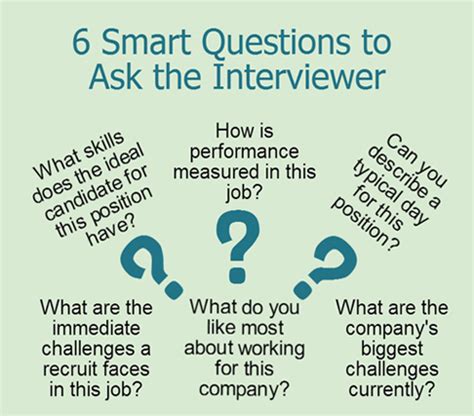Uniqueness Unveiled: Responding To Interview Questions In English

Interviews are a crucial part of any job application process. It is the perfect opportunity for a candidate to showcase their skills and experience to a potential employer. However, interviews can be nerve-wracking, especially if you are not confident in your English-speaking skills. The good news is that with the right preparation and mindset, you can ace any interview. In this post, we will be discussing how to respond to interview questions in English and stand out from the crowd.
1. Understand the Question
The first step to answering any interview question in English is to understand the question. Listen or read the question carefully, and ask for clarification if necessary. Do not be afraid to ask the interviewer to repeat or rephrase the question if you did not understand it the first time.
Example: If the interviewer asks, “Tell me about a time when you had to solve a difficult problem,” you can ask, “Can you please give me an example of the type of problem you are referring to?”
2. Take Your Time
It is natural to feel pressured to answer a question quickly, but it is important to take your time and think before you speak. Take a few seconds to gather your thoughts and structure your answer. This will help you avoid rambling and provide a clear, concise response.
3. Be Confident
Confidence is key when responding to interview questions. Speak clearly and confidently, even if you make mistakes. Remember that the interviewer is not only evaluating your language skills but also your ability to communicate effectively in English.
4. Use Examples
Using examples is an excellent way to showcase your skills and experience. When answering a question, provide specific examples from your past work experience that demonstrate your ability to handle similar situations. This will help the interviewer understand your thought process and evaluate your suitability for the role.
5. Stay on Topic
It is important to stay on topic when responding to interview questions. Do not deviate from the question or provide irrelevant information. Stick to the point and answer the question as succinctly as possible.
6. Practice, Practice, Practice
Practice makes perfect, and this is especially true when it comes to responding to interview questions in English. Practice with a friend or family member, or record yourself answering common interview questions. This will help you identify areas where you need to improve and build your confidence.
7. Be Yourself
Finally, it is essential to be yourself. Do not try to be someone you are not. Be honest about your skills and experience, and do not exaggerate or lie. Remember that the interviewer is looking for a candidate who is the right fit for the role, not someone who is perfect.
Conclusion
Responding to interview questions in English can be daunting, but with the right preparation and mindset, you can ace any interview. Remember to understand the question, take your time, be confident, use examples, stay on topic, practice, and be yourself. By following these tips, you can showcase your skills and experience and stand out from the crowd.
FAQs
Q: What should I do if I don’t understand the question?
A: If you don’t understand the question, ask the interviewer to repeat or rephrase it. It is better to ask for clarification than to provide an irrelevant answer.
Q: How can I improve my English-speaking skills?
A: You can improve your English-speaking skills by practicing regularly, listening to English speakers, and watching English movies and TV shows with subtitles.
Q: What kind of examples should I use when answering interview questions?
A: You should use specific examples from your past work experience that demonstrate your ability to handle similar situations.
Q: Should I lie about my skills and experience in an interview?
A: No, you should never lie about your skills and experience in an interview. Be honest and transparent about your abilities, and focus on showcasing your strengths.
